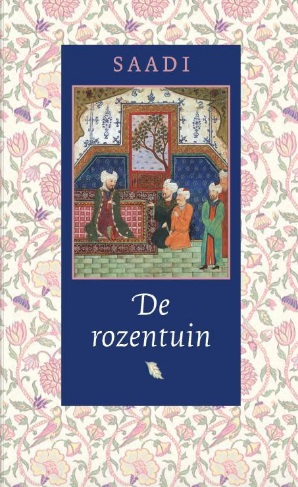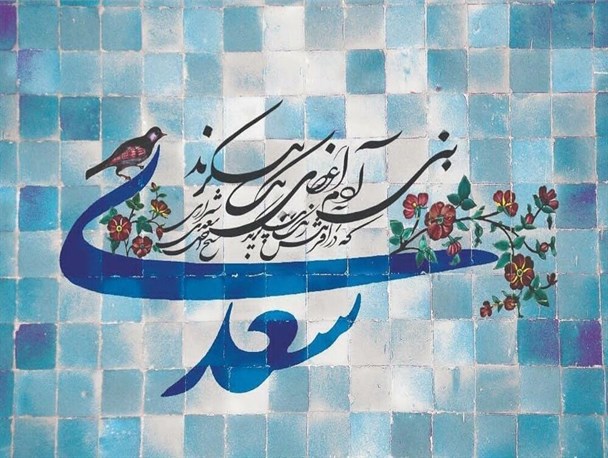National Day of Saadi Shirazi
April 21 is the National Commemoration Day of the Persianpoet Saadi Shirazi
Today is the National Commemoration Day of the renowned Persian poet Saadi Shirazi, born in Shiraz around 1200 and died around 1292.
Abu-Muhammad Muslih al-Din bin Abdallah Shirazi, known by his pen-name Saadi, was one of the major Persian poets of the medieval period.
Saadi is known as a mystic and metaphysician in the history of Persian literature. He is recognized for the quality of his writings and for the depth of his social and moral thoughts.
The ancient scholar has gained worldwide fame, not only in the Persian-speaking countries but in western societies, with his poems being quoted in a multitude of sources.
Saadi’s best-known masterpieces are Bustan (The Orchard) completed in 1257 and Gulistan (The Flower Garden) in 1258.
The Bustan is a book of Persian verse written in 1257 by Sheikh Saadi Shirazi. Sheikh Saadi was a poet who was widely recognized as one of the masters of classical Persian literature. It is considered to be one of his two greatest works and is dedicated to Salghurid Atabeg Sa’d I or Sa’d II. The Bustan is Saadi’s first work and literally means ‘the orchard’. The title is a metaphor for the contents of the book, which are the fruits of Saadi’s long experience, journeys, his judgements on life and his understanding of human philosophy. It is peppered with various anecdotes. The Bustan is similar to the Aesop’s Fables with regard to the moral advice rendered. It is divided into ten chapters, each of which is dedicated to a particular virtue. The verses have been written in the mathnawi or rhyming-couplets style. It was translated into Dutch in 1688.

The Bustan was acclaimed as one of the 100 greatest books of all time by the Boklubben World Library. It is a mine of proverbs, quotations and practical wisdom, that holds good to this very day. It is said that even if The Bustan were the only work that remained of Saadi’s genius, his name would still be considered among the literary immortals.
Gulistan, comprised of 8 chapters is mainly in prose. The book widely addresses kings’ morality, dervishes’ behavior, benefits of contentment, silence and talking in proper time, love and youthfulness, weakness in old age, and education. Saadi attempts to advise people to live freely and to improve the quality of their lives in Gulistan.
